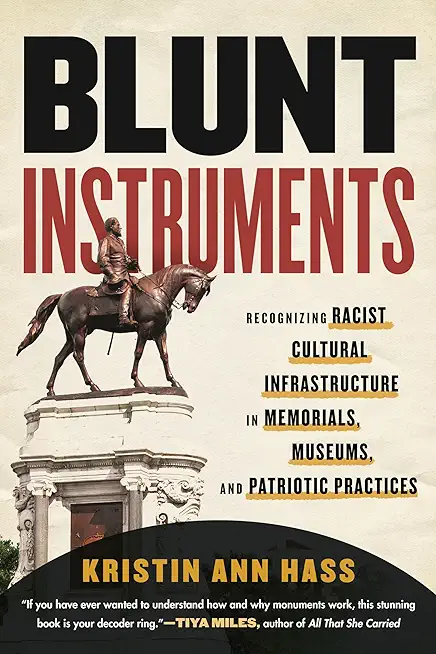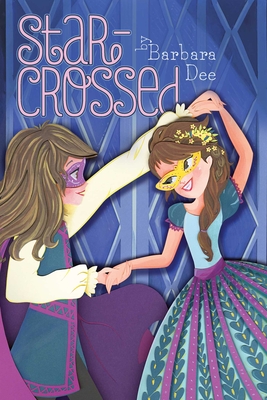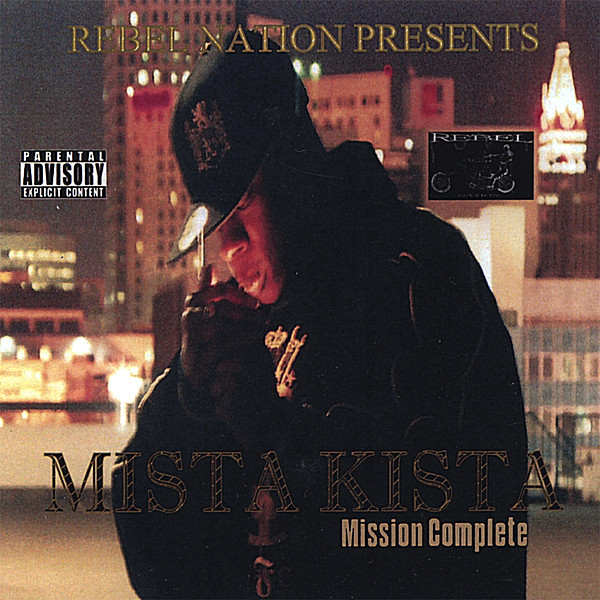
"THE LOST LANGUAGE OF CRAZY explores the delicate intricacies of family, mental health, and identity, as we follow one girl on a difficult, yet life-affirming journey of self-discovery. Written with honesty and humor, Pamela Laskin expertly draws us into the vibrant, complex world of a young creative soul, who, in search of the many meanings of crazy, discovers the many faces of love."
- Amber Smith, New York Times bestselling author of The Way I Used to Be, The Last to Let Go, and Something Like Gravity
Pamela Laskin tells a riveting story of loss, confusion, and heartbreak based on her own childhood-all the while maintaining the wry humor and fulsome compassion that are the lynchpins of her work. As I neared the end, my eyes brimmed with tears, not from sadness, but from the full emotional ride that The Lost Language of Crazy delivers. It's a contemporary tale that any young person struggling towards adulthood in this crazy world will relate to.
- Suzanne Weyn, author of The Barcode Tattoo trilogy
--
Is it possible to wake up one day and be emptied of words? For a writer, this would be an unimaginable nightmare, but for any of us, this would be a terrifying ordeal. What happens when we lose our voice? On the flip side, what happens when we are plagued with many voices?
THE LOST LANGUAGE OF CRAZY explores the terrain of mental illness from the point of view of its twelve-year old narrator, Penny, who has grown up believing her mother is dead. The novel opens with the protagonist's desire to finish writing a play, which she is incapable of doing, since she does not know how the play ends, while her best friend, formerly a girl, yearns to play the dad. This is a story about words and language; gender confusion and the secrets surrounding it; silence and lies; mental illness and a writer's journey.
Central to the book is the premise that we all have deeply buried selves, and these burials create a mental instability, which becomes the narrative we bring to the world.
All of the characters find themselves challenged by having their voices and identities silenced in some way by familial and societal expectations; they and the reader come to understand the truth of e.e. cummings observation that: "To be nobody but yourself--in a world which is doing its best, night and day, to make you everybody else--means to fight the hardest battle which any human can fight; and never stop fighting."







